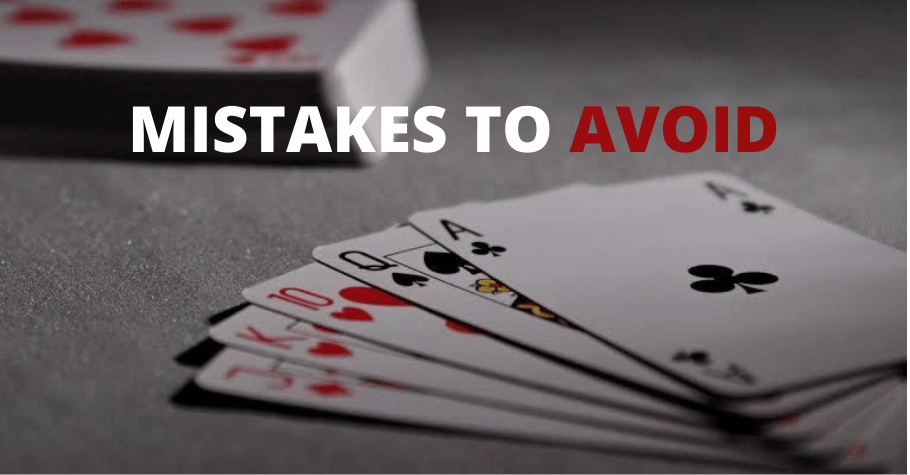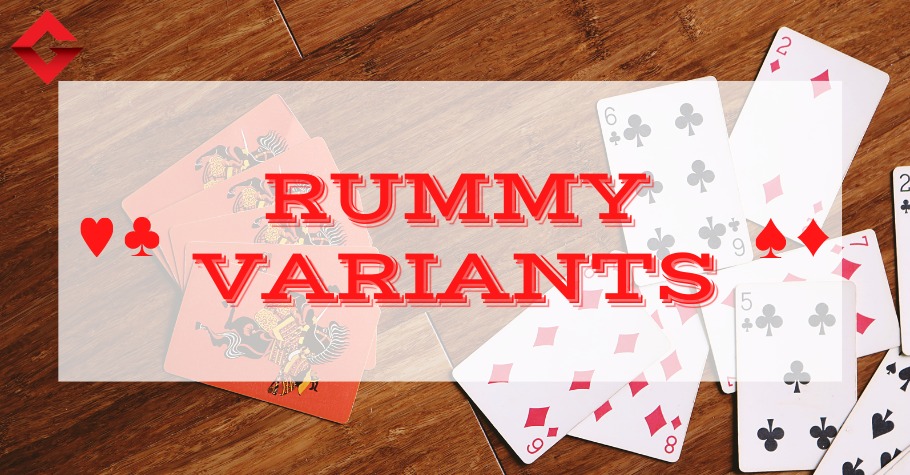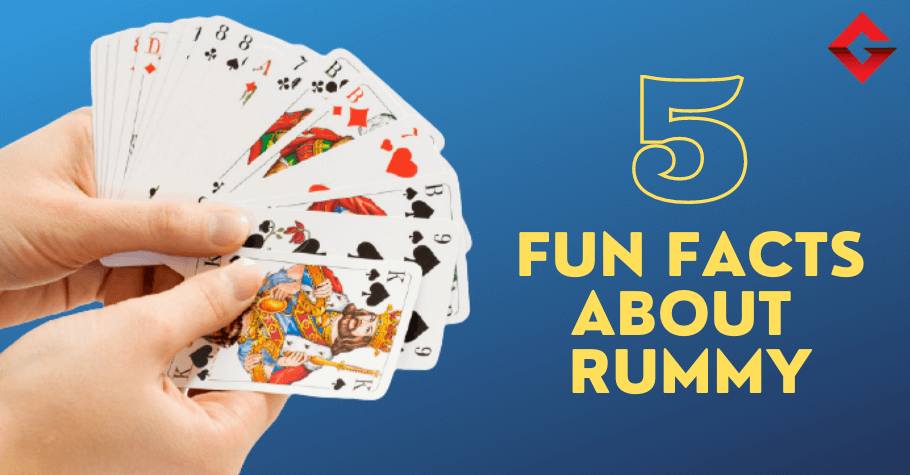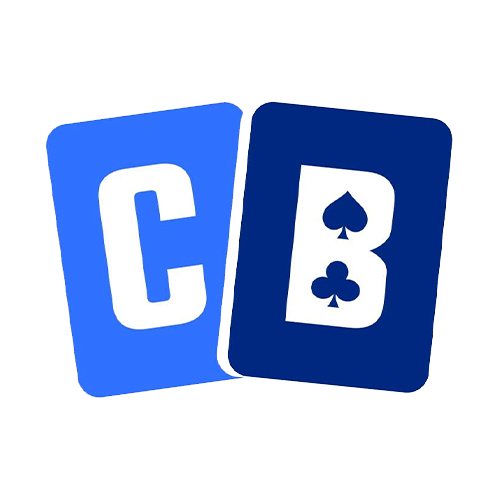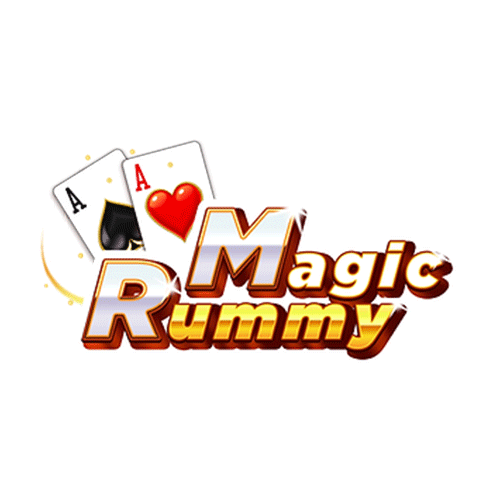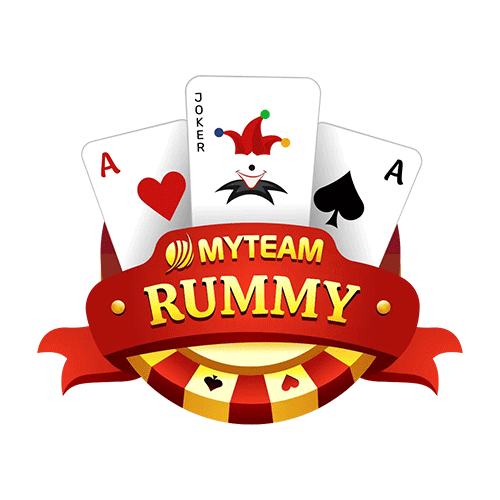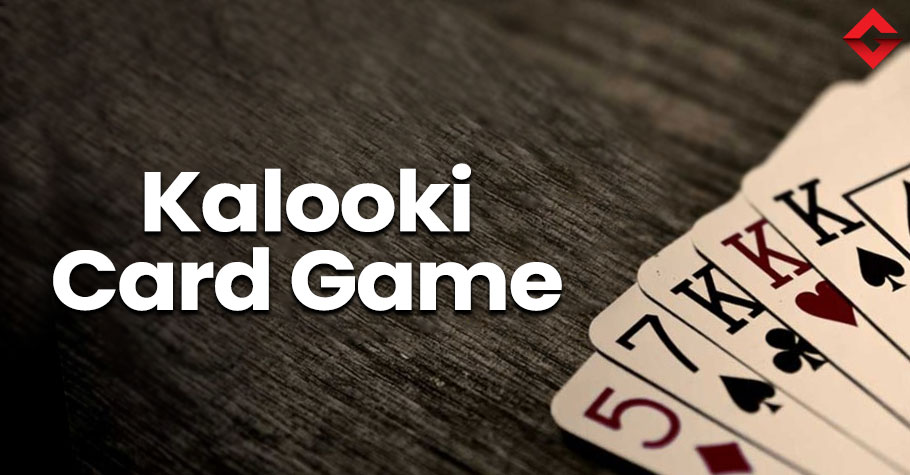 Rummy
Rummy
How Do You Play Kalooki Card Game?
The game of rummy has been played for ages now; however, the charm of the game brought more players into the fold. As much as the game is popular in Indian households and social gatherings, the game has a lot of fun and excitement to offer the players.
There are several variants of the fan-favourite card game, rummy. From the number of cards used in the play to different styles and rules of playing, the variety of games that rummy has to offer is impressively vast. In this article, we will be talking about one such variant that is not only fun but also very interesting.
What is Kalooki Card Game?
Kalooki is a form of the rummy game which makes use of two decks and two jokers. In other words, Kalooki rummy is played using a total of 106 cards. A game of Kalooki rummy can be played with between two to five players. A full game of Kalooki includes several rounds of game-play, wherein players must try to dispose of their cards as quickly as possible. The winner in Kalooki card game is usually determined by penalty points.
Kalooki rummy is especially popular in the United Kingdom, where it is played in homes, clubs and casinos all throughout the country. It is enjoyed with equal enthusiasm by players of all ages, either for fun or for real money stakes.
Card Values in Kalooki Rummy
In Kalooki rummy, a card of Ace is worth 11 points, while face cards, that is King, Queen and Jack, are worth 10 points. Similarly, the cards of value ranging between two to 10 are worth their face value. For example, a 10 has 10 points, 5 has 5 points and so on. The Joker cards in Kalooki rummy are worth 15 points.
Forming Sets Of Cards In Kalooki Rummy
In Kalooki Rummy, players try to create sets, also known as melds, which are made up of three or more cards in a group or sequence. A correctly grouped set would consist of either three or four cards of the same value but of different suits. For example, Js Jc Jh Jd is a correct set, but Jh Jd Jc Jh is a wrong set.
Similarly, a sequenced set, also known as run, has three or more cards of consecutive value and of the same suit. For example, 6h 7h 8h is a correct sequenced set, but 6h 7h 8d is an incorrect sequenced set. Similarly, 3h 2h Ah is also an incorrect sequenced set since the lowest run in Kalooki rummy is 432. The Ace card cannot be used in the lower run.
Additionally, a run can be of any length, provided that all cards are of the same suit.
How To Play A Standard Game Of Kalooki Rummy
A standard game of Kalooki rummy is generally played up to a 150 penalty point limit. Penalty points are calculated depending on the cards that remain in hand for a player at the end of each round.
Dealing Out The Cards
In Kalooki rummy, 13 cards are dealt out in a clockwise direction to each player in groups of threes or twos. First, the dealer deals three cards to each player, beginning with the player immediately to their left. Then two more cards are dealt to each player, then three more, two more and finally three cards each. This is the ‘official way’ to deal out the required 13 cards.
The remaining pile of cards is placed face down on the table. This forms the card stock (or ‘deck’) required for the further game.
Game Play
The player to the left of the dealer gets to play first by taking an extra card in hand from the top of the deck. Then they must select one of their 14 cards and discard it by placing it face up on the table. This forms a new pile next to the deck.
Then the game progresses and players must organise their in hand cards into sets by deciding which card to keep and which to throw away. Every player must ‘draw’ a card at the beginning of their turn and then discard one card when their turn ends.
Any player wanting to reduce points by laying sets or ‘go-ers’ must do so after drawing and before discarding. The game is played in a clockwise direction. Subsequent players then have the option of picking the top card from the deck or the top card thrown by the previous player from the discard pile. A discarded card can only be accepted if it is needed to complete a set. It cannot be removed from the discard pile and placed in a player’s hand for later use.
Laying Sets On The Table (Coming Down)
When the total value of cards in hand that form sets reaches 40 points or more, a player has the option to lay these as declared sets, face up on the table, into their respective groups. This is known as ‘coming down’ and reduces the player’s in-hand penalty points proportionally. It is up to each player to decide when to come down. If a player decides to take a discarded card, it must be utilized within a set and promptly placed on the table, either as part of their mandatory 40+ points or after they have already made their 40+ points.
Laying Cards On The Table – Adding ‘Go-ers’
More cards can also be added to any declared sets that are ‘exposed’ on the table. This is done to either extend a run or to turn a three-of-a-kind set into a four-of-a-kind set. However, it is only possible if the player in question has already come down and created their own sets worth 40 or more points. Adding a ‘go-er’ card to a specified set reduces potential penalty points. It is not possible to take a discard card and then utilize it as a go-er.
Using Jokers in Kalooki Rummy
A joker can replace any card, either in hand inside a set or as a go-er on the table. It takes over the position and value of the card it is replacing. All players must understand which cards represent the jokers.
If a joker remains in hand at the end of a completed round of gameplay, it will be scored at its maximum value of 15 points (when a player ‘calls up,’ penalty points are added to the other players’ scores).
For example, the joker in place of the Queen of clubs can be used as a joker like Ac Kc Qc.
This is worth 31 points if utilised as a set during the game, but it is worth 36 in-hand penalty points if it is still in a player’s hand at the end of a round of play!
Re-using Jokers
A joker from a declared set that is face up on the table can be re-used by any player on their turn if they have already come down with 40+ points and can replace the joker with its natural card from the set.
The joker must be used immediately within a fresh set and cannot be held in hand for future use. It also cannot be placed elsewhere on the table as a go-er. For example, if a joker is in a set with Td and Ts, and a Th comes, the player can use it as a replacement card. Now the set becomes Td Ts Th; the joker can be used elsewhere to complete another set or sequential set.
ALSO READ: 4 Forms of Indian Rummy
Alternative Rule For Re-Using Jokers
There is an alternative to the previously mentioned guideline for reusing jokers, which is equally popular. It specifies that when a joker is used in a grouped set, as seen above, both natural replacement cards must ‘take’ it. In the preceding example, the Tc Th would both be required to take the joker.
Winning A Round Of Kalooki (Calling-Up)
Once a player has successfully discarded all 13 cards, the remaining players must add the total values of all cards still in their hands. The penalty points for each player are recorded and referred to as the scores. There are no penalty points for the player who calls or wins. Each player begins with a score of zero.
Winning The Game
Players’ scores rise as the game progresses through the rounds. When a player’s total score exceeds 150 points, they are eliminated from the game! (151 or higher) The next round begins without them and they are no longer involved in that game.
When only one player remains with a score of less than 150 penalty points, that player is the winner.
Advanced Options
A few extra factors can be added to a typical game of Kalooki, especially when playing for real money stakes. These are payments made in rounds and buy-ins.
- The ability to ‘buy-in’ if a player’s score surpasses the game’s penalty point limit.
- Playing each round of the game for an extra prize stake.
Before the game begins, all players must agree on the stakes and rule variants.
For more news and updates, keep reading Gutshot Magazine. Follow us on our social media handles Facebook, Instagram, Twitter, and Telegram.

Amarylisa Gonsalves is a Content Writer at Gutshot Magazine. Advancing from a marketing background, she found her calling in writing. She takes delight in exploring genres and is a curious learner. Patient and ambivert, she believes in letting her work speak for itself. Apart from content writing, she finds solace in writing poetry by manifesting herself through words. Additionally, she adores indulging in drawing and DIY crafts.
More News
Comments
Top 15 Rummy Rooms
-
Deccan Rummy
Sign-up & Get FREE ₹25
Offer: 100% Bonus for your first deposit up to Rs.5,000 - Use Code 'Welcome' Register -
WinZo Rummy
Win Up To ₹25 Crore
Offer: Get ₹550 Joining Bonus For Free Register -
CardBaazi Rummy
Sign-up with code GUTSHOT10
Offer: Get ₹10 Real Cash Bonus Register -
Playship Rummy
Sign-up with Gutshot
Offer: Add ₹50 Get ₹100 Extra Gamecash on 1st Deposit, also get 100% Extra Gamecash on next 29 Deposits Register -
Magic Rummy
100% Assured Welcome Bonus
Offer: Rs.510 in Cash Bonus Register -
RummyPrime
Sign-up with GUTSHOT
Offer: Get 200% bonus up to ₹12000 + ₹175 Extra Cash on your 1st Deposit Register -
PlayerzPot Rummy
Play Rummy on PlayerzPot
Offer: Get 30% rakeback Register -
BatBall11 Rummy
Sign-up with code GUTSHOT
Offer: Get ₹50 FREE Register -
FantaFeat Rummy
Sign-up with GUTSHOT
Offer: Sign-up and get ₹100 FREE Register -
Rummy Culture
Get Rs.300 on sign-up
Offer: First deposit bonus - 200% up to Rs.10,250 Register -
Rummy Passion
First Deposit Offer
Offer: Use code "WELCOME" for 100% Bonus up to Rs. 2,000 Register -
Rummy Villa
Code: "WELCOME100"
Offer: Sign-up and get 100% bonus up to Rs.2,500 Register -
GetMega Rummy
Sign-up with code GUTSHOT
Offer: Deposit Min ₹100, Win Bonus Up To ₹10,000 Register -
MyTeamRummy
Sign-up with Gutshot
Offer: Get upto 15,000* bonus Register





